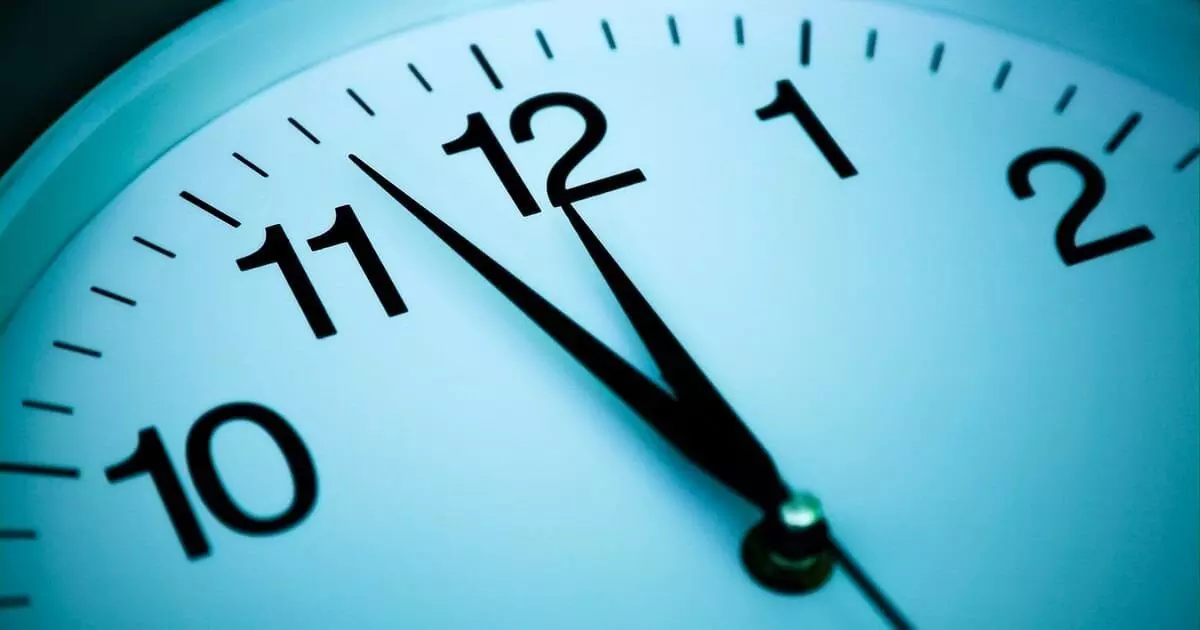How will 'One Nation, One Time' be implemented? Know the benefits of making IST mandatory?

The Government of India is going to implement 'One Nation, One Time' in the country soon. The government has drafted rules to make Indian Standard Time (IST) mandatory. The Ministry of Consumer Affairs has also sought public opinion by February 14. After the rule comes into force, it will be necessary for all official and commercial platforms to use IST for time reference.
What is One Nation, One Time?
The One Nation, One Time system will standardize time adherence in all areas. To ensure consistency in time adherence, the government is bringing 'Legal Metrology (Indian Standard Time) Rules, 2024'.
A senior government official said, “Precise time with nanosecond accuracy is essential for strategic and non-strategic sectors.” That is, accurate time is very important, no matter which field it is. This will enable every work to be done on time and correctly.
It is clearly written in the draft of the new rules, 'Indian Standard Time i.e. IST will be the standard time in all areas like trade, transportation, government work, legal agreements and financial transactions.' This means that no other time other than IST can be used at all places.
Will there be any changes to the existing IST system?
At present, there is Indian Standard Time (IST) in our country, but the actual time is determined by GPS satellites, which is accurate up to milliseconds and is linked to Coordinated Universal Time (UTC).
But this is going to change in the next few months. Now Navigation with Indian Constellation (NavIC) will be connected to the National Physical Laboratory (NPL), which will provide time reference. NPL located in Faridabad will get time from NavIC, which will be sent to four other centres- Ahmedabad, Bengaluru, Bhubaneswar and Guwahati through an optic fiber link. Atomic clocks will be installed at these places.
What will the atomic clocks do?
The use of atomic clocks will ensure that the time displayed on digital watches, smartphones and laptops is derived from atomic clocks and not from GPS-based data from service providers. Soon these regional centres will deliver time to all users, thereby implementing the system of ‘One Nation, One Time'.
What will be the benefits of ‘One Nation, One Time'?
Having the same time everywhere by the system of ‘One Nation, One Time' will make it easier to plan travel and transport schedules. Uniformity of time will improve business transactions. It will help in attracting foreign investment. Administrative complexities due to different times in different areas will be reduced.
According to the Times of India report, former Consumer Affairs Secretary Rohit Kumar Singh said that this will establish India's own accurate and reliable time distribution network, which will reduce dependence on foreign systems and boost national security. This will benefit sectors like power grids, telecommunications, banking, defence and transport.
